Building Everlasting Friendship with the Land of Smiles
National Cheng Kung University (NCKU) has been working with international platforms such as SATU Presidents' Forum and Global Academia-Industry Alliance (GAIA) for many years. Over ten years ago, we have forged a strong friendship with Mahidol University (MU) in Thailand, and we extended our cooperation in various academic fields. Following this development, Taiwan Center for Smart Healthcare Science and Technology in Thailand was established. In recent years, with the efforts of NCKU President Huey-Jen Su and Executive Vice President Fong-Chin Su and MU President Banchong Mahaisavariya and Professor Waranun Buajeeb in the Department of Oral Medicine and Periodontology, the two universities have signed an MOU in 2018. In the following year, the two sides held the opening ceremony of the MU-NCKU Joint Research Center, which serves as a base for MOST's overseas Science and Technology Innovation Centers (STICs) for Taiwan's New Southbound Policy.
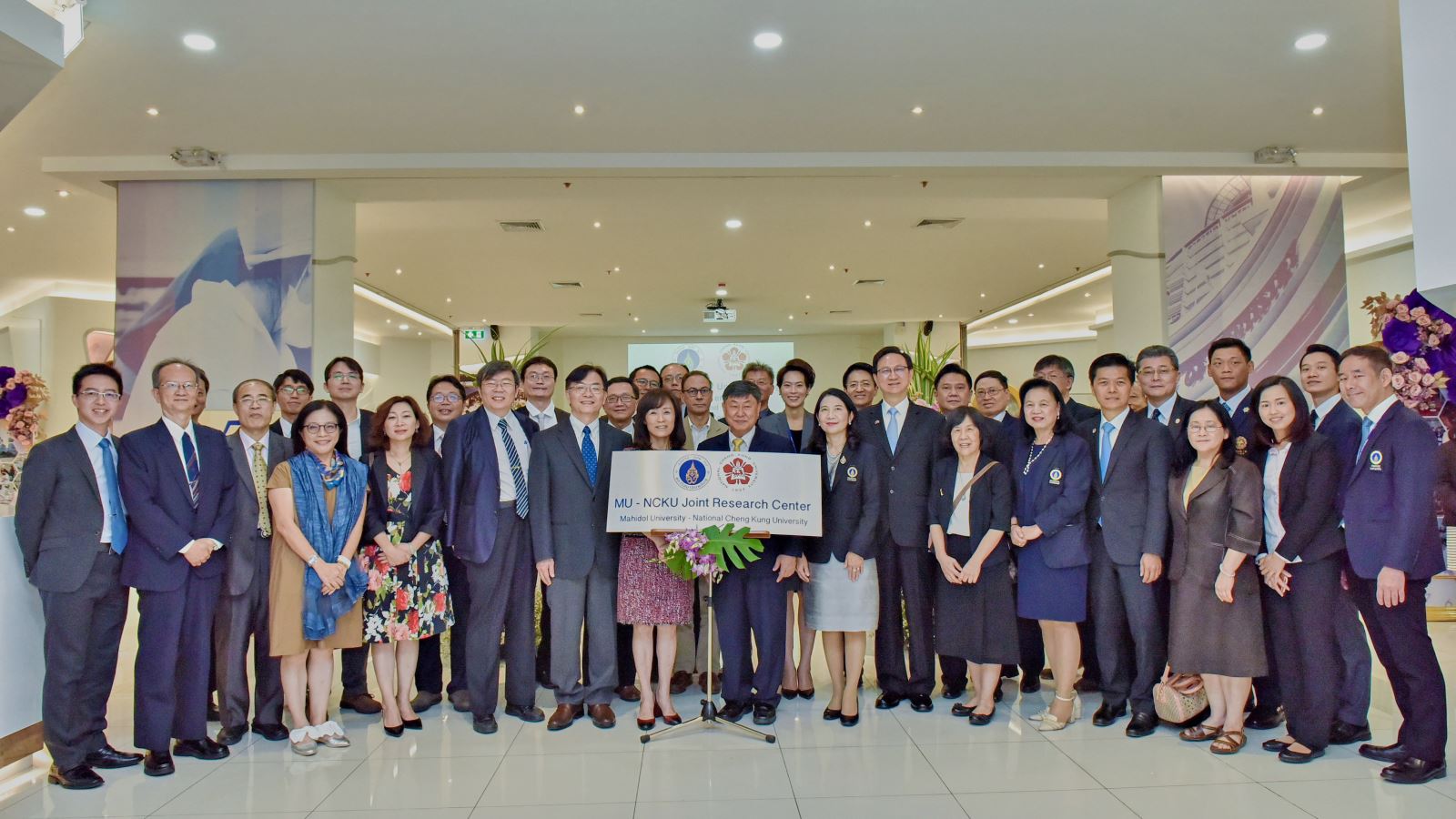
Figure 1: The opening ceremony of the MU-NCKU Joint Research Center in 2018
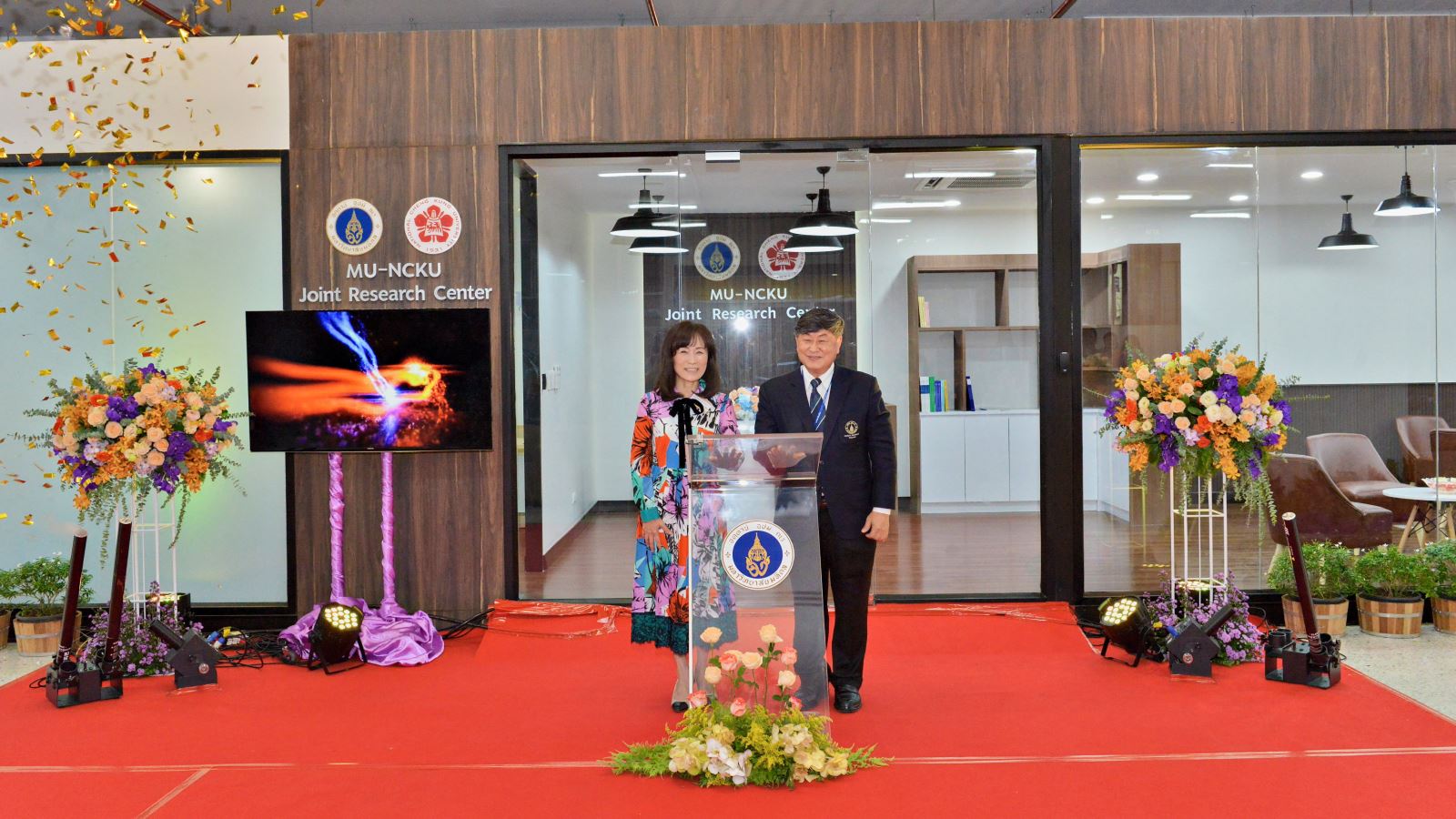
Figure 2: The launch ceremony of MU-NCKU Joint Research Center in 2019
Thailand is referred to as "the Land of Smiles" because people in Thailand are friendly and kind, attracting many foreigners to visit the country. We have visited Thailand several times with Prof. Sun-Yuan Hsieh, Prof. Ming-Long Yeh, and Dr. Chen-Hsun Weng in NCKU. We exchanged ideas with more than thirty representatives of Taiwanese businesspeople based in Thailand, including Emeritus President Feng-Hao Chang and Vice President Hsiang-Lan Kung of Thai-Taiwan Business Association (TTBA), Chairman Wei-Pien Chang of the Thai-Chinese International School (TCIS) in Novotel Bangkok Bangna, and learned about various kinds of businesses run by Taiwanese in Thailand such as manufacture, retail, food, textile, biotechnology, and education. We also visited a Taiwanese medical equipment company that manufactures high specification non-woven fabrics needed by local hospitals. In addition, we tasted the freeze-dried durian offered by the local people and learned that it was the product of the successful Taiwanese entrepreneurs in Thailand. We realized that the passion and perseverance of Taiwanese people have created a lot of business opportunities in this land of friendliness and inclusiveness.
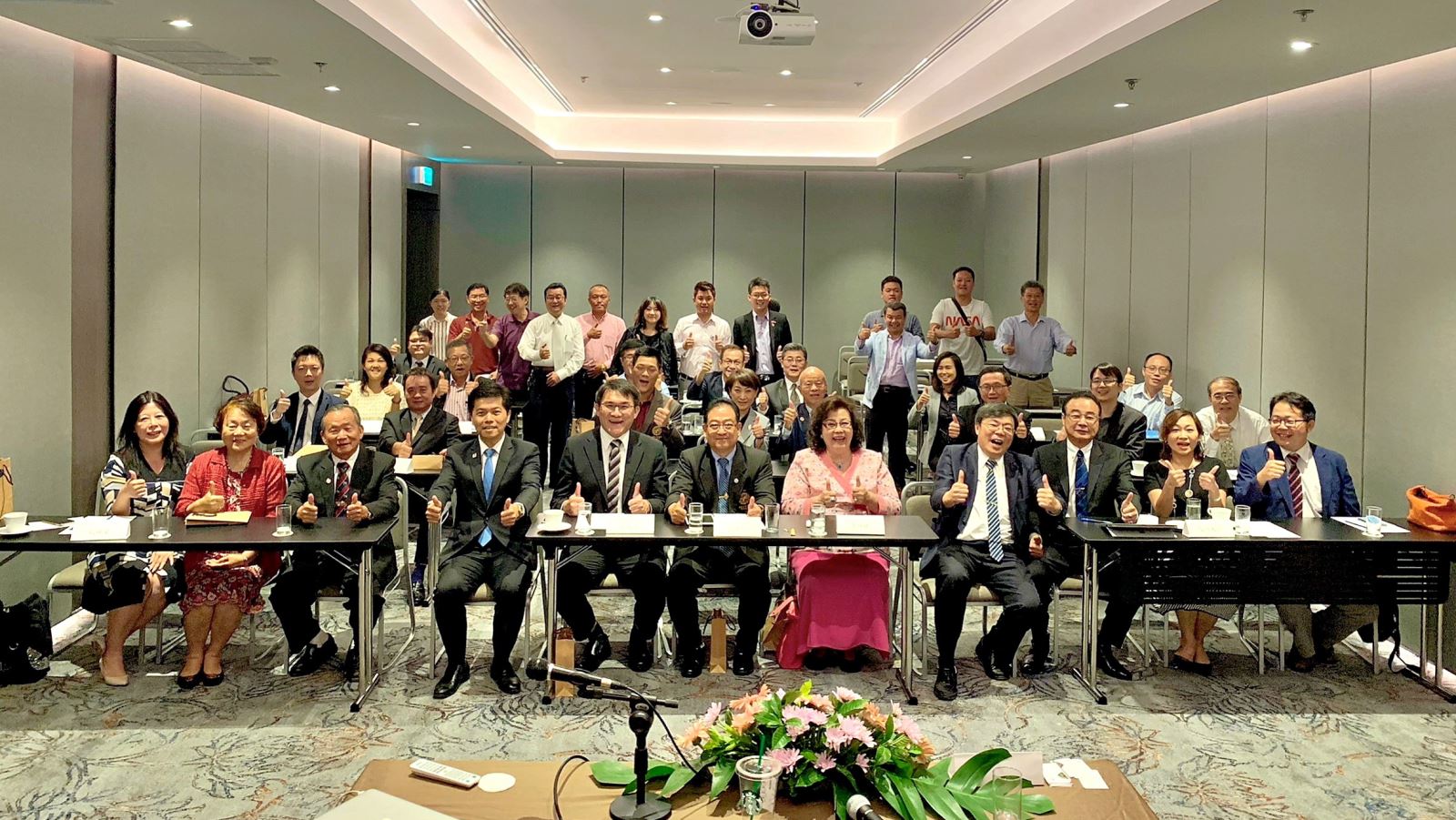
Figure 3: Group photo of the representatives of NCKU and Taiwanese businesspeople in Thailand
In the past, NCKU has worked closely with MU. For instance, the Principal Investigator of the STIC in 2018, Vice President Fong-Chin Su, was invited by MU President Banchong Mahaisavariya to celebrate the 50th anniversary of MU and share the problems in research and innovation on implementation of medical devices for commercial purposes with MU staff. Furthermore, Vice President Su was also invited by the Chairman of the 40th Royal College of Orthopaedic Surgeons of Thailand to give a speech on the experience of Taiwan's medical technology innovation. On the other hand, President Banchong Mahaisavariya was invited many times to attend the International Conference on Future Healthcare and Economic Development in Southeast Asia in NCKU. In addition, Professor Jackrit Suthakorn, Dean of Faculty of Engineering, and Peerapong Santiwong, Director of Dental Hospital, have led their teams to visit NCKU's advanced laboratories and actively exchanged research results with clinical and industrial experts. During the process, we saw that the people of Thailand truly value people. From senior leaders to young students, they always show modesty, acceptance, and enthusiasm when interacting with us. With the similarities between Thailand and Taiwan, we can soon turn our cooperation into friendship. As the first institution of higher learning in Thailand, Mahidol University (MU) was named after King Bhumibol Adulyadej's father, Prince Mahidol of Songkhla, to commemorate his contribution to modern medicine and public health in Thailand. Besides MU's long history, its academic status and professional achievements have much in common with NCKU, which is one of the important reasons for the rapid progress of the bilateral partnership.
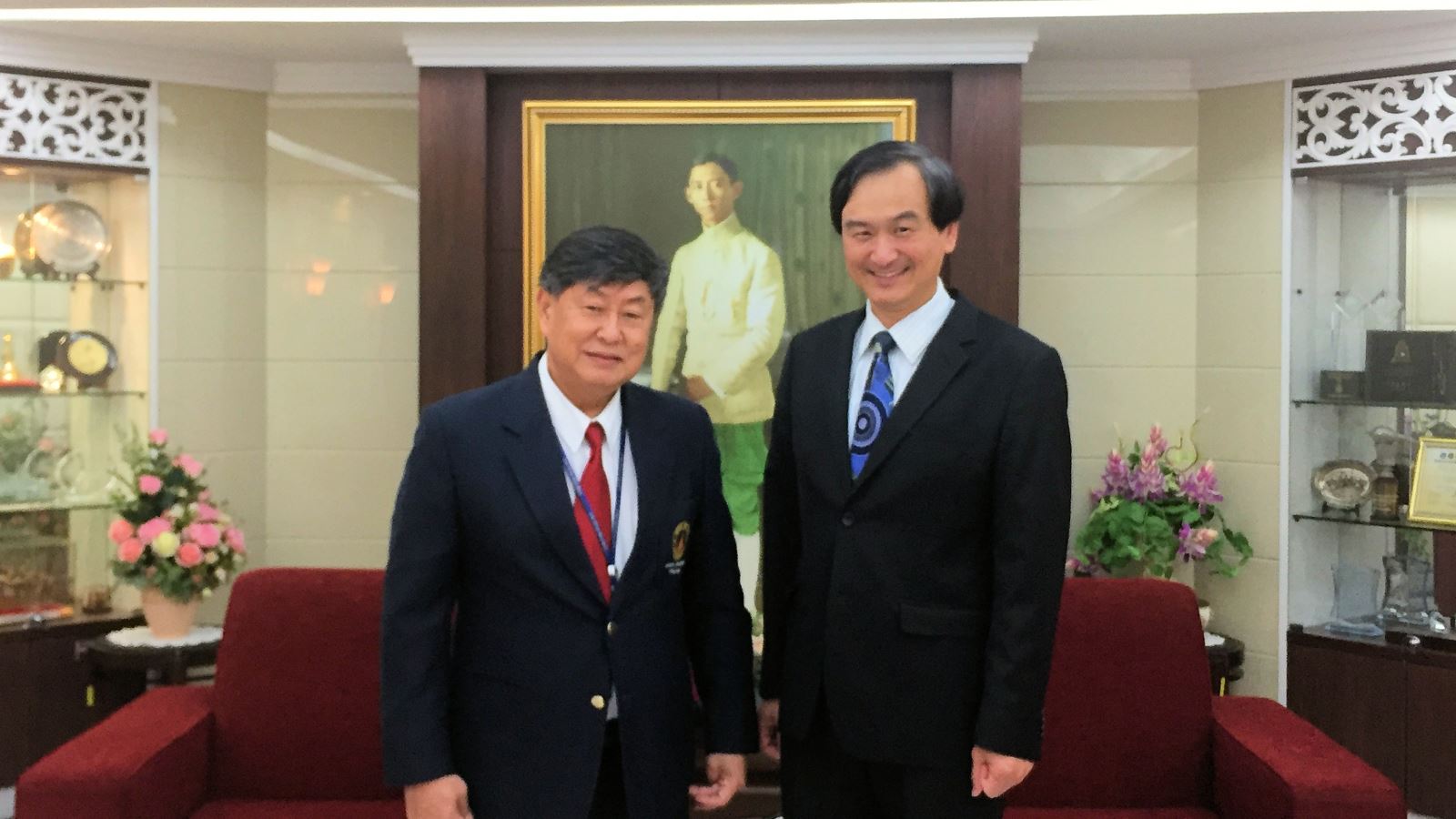
Figure 4: Photo of NCKU Executive Vice President Fong-Chin Su and MU President Banchong Mahaisavariya in 2018
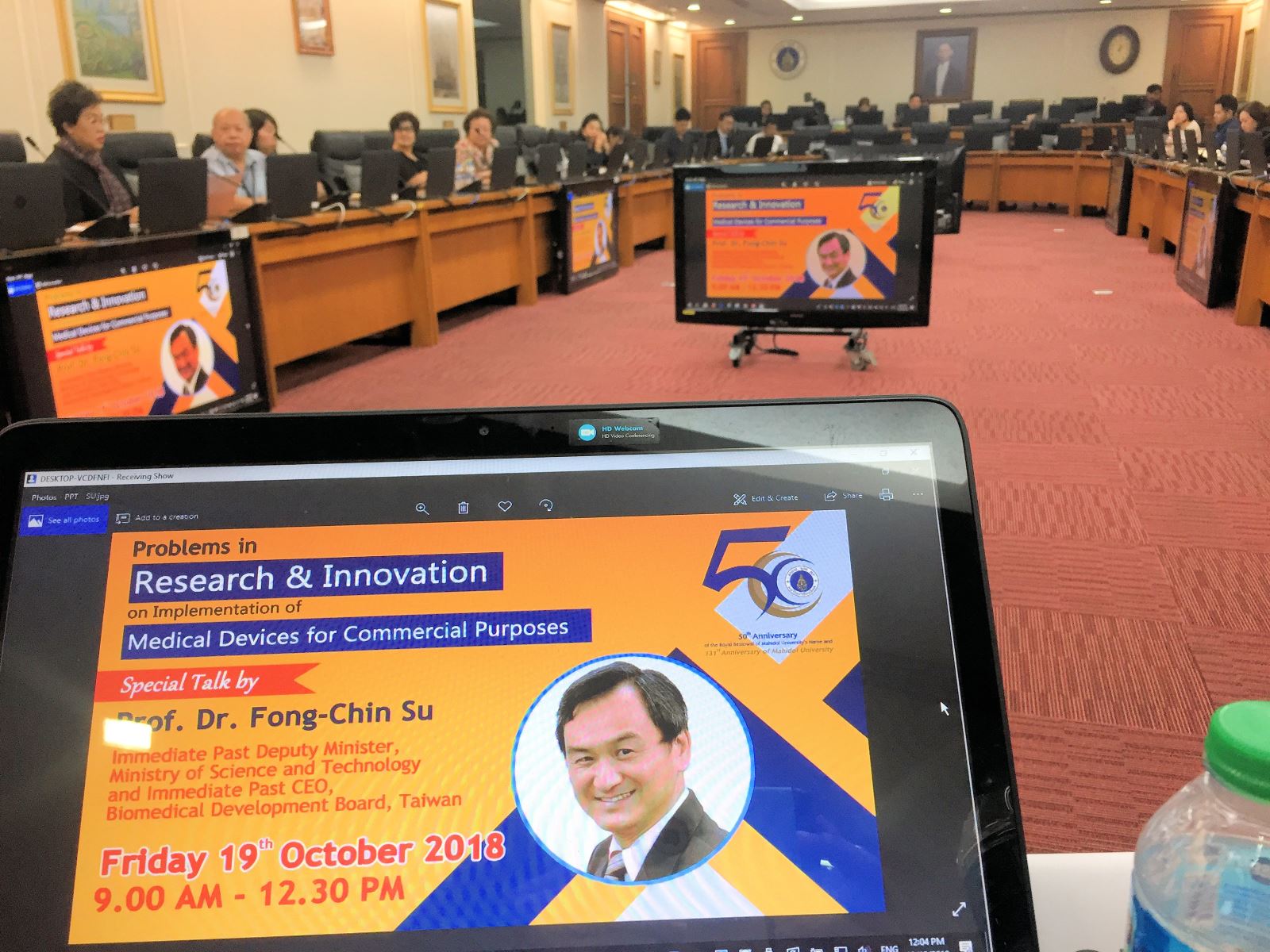
Figure 5: To celebrate the 50th anniversary of MU, Vice President Fong-Chin Su was invited to share the problems in research and innovation on the implementation of medical devices for commercial purposes with MU staff
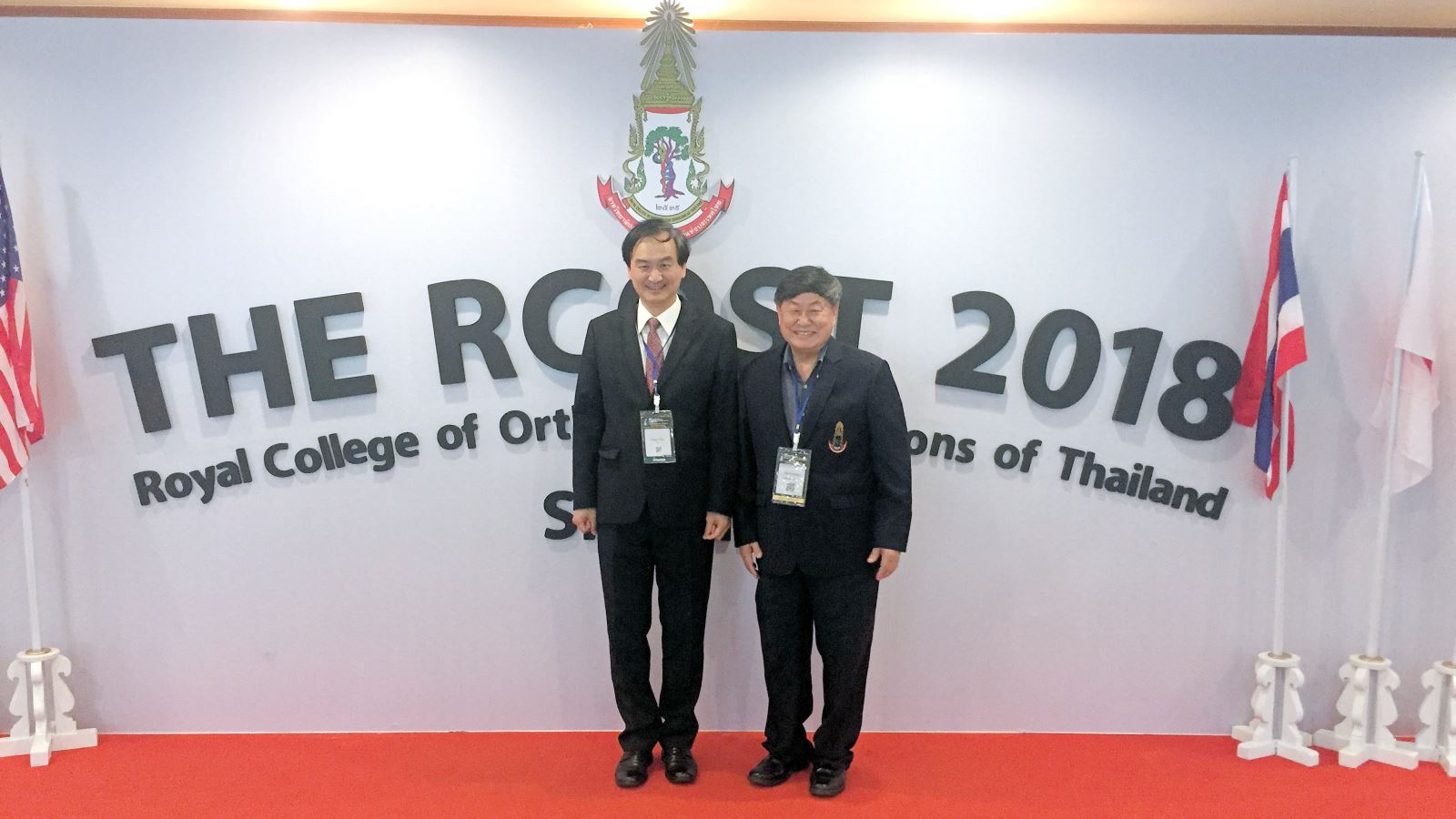
Figure 6: The Chairman of the 40th Royal College of Orthopaedic Surgeons of Thailand invited Vice President Fong-Chin Su as a guest speaker
Embrace the World with Innovation, Create the Glimmer of Hope in Darkness
Principal Investigator and Vice President Fong-Chin Su once said Thailand is a country of progress and human kindness. Therefore, Taiwan Center for Smart Healthcare Science and Technology in Thailand strives to build platforms for dialogue and cooperation to enable Taiwanese students and talents to make friends with people from different cultural backgrounds, and learn to create more opportunities for themselves and others. As the Thai government is mobilizing its talents and resources to promote Thailand 4.0 for a prosperous, secure, and sustainable country, and hopes to transform Thailand into a high-income state through innovation, we can think about how we can help them and what value we can create together.
Unfortunately, in the beginning, our project was affected by the COVID-19 pandemic that has spread across the world, which made it necessary to turn the original bilateral visits and seminars with MU into online video conferences. It was a new experience for us, but we tried our best to give online presentations and feedbacks, exchange ideas with MU, and push for the informatization of our current research results. Therefore, at first, we have agreed with MU to hold monthly international online conferences with smart healthcare science and technology as the main theme and invite scholars from Taiwan and New Southbound countries to share and discuss different topics.
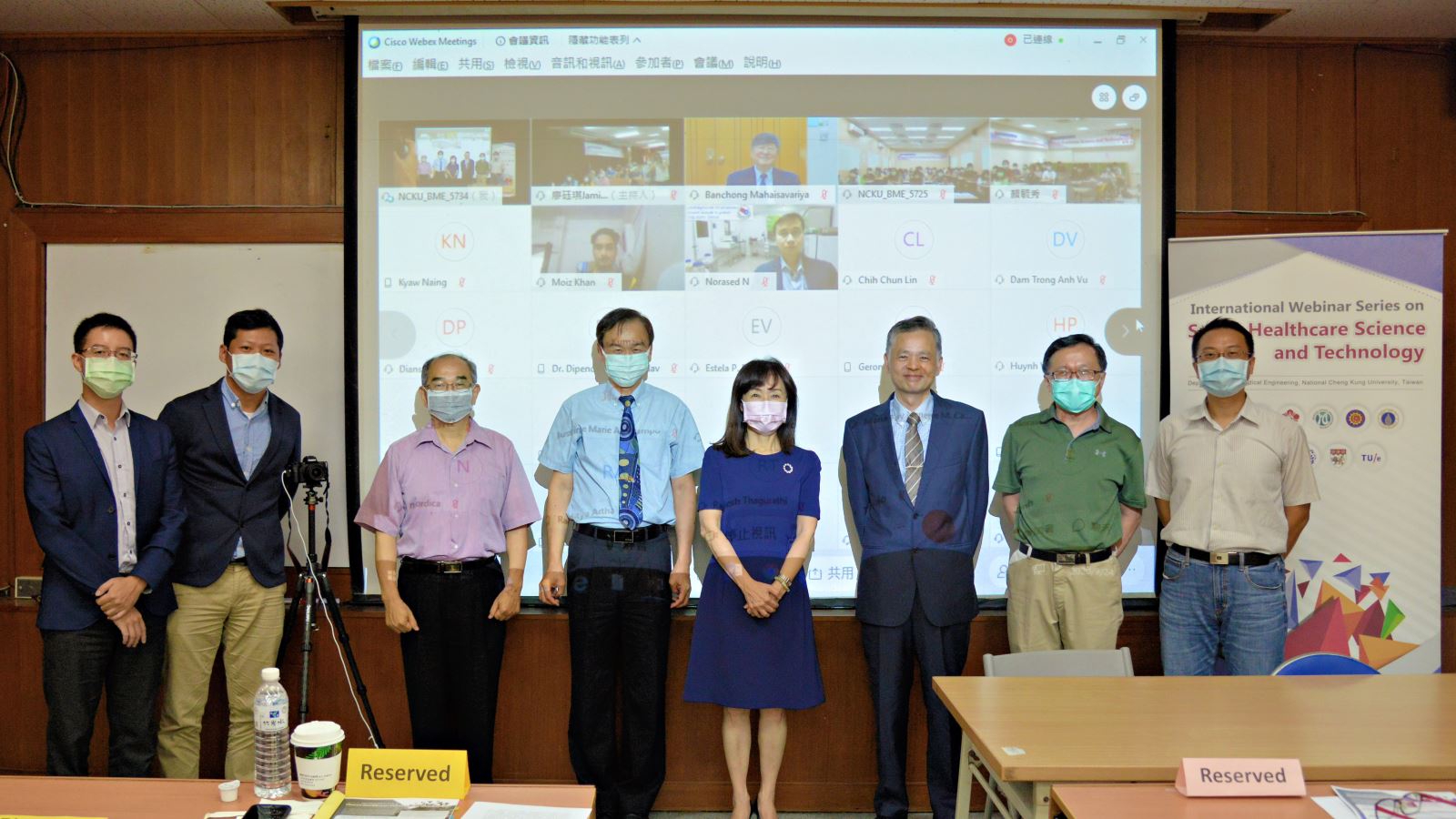
Figure 7: The opening of MU-NCKU International Webinar Series on Smart Healthcare Science and Technology
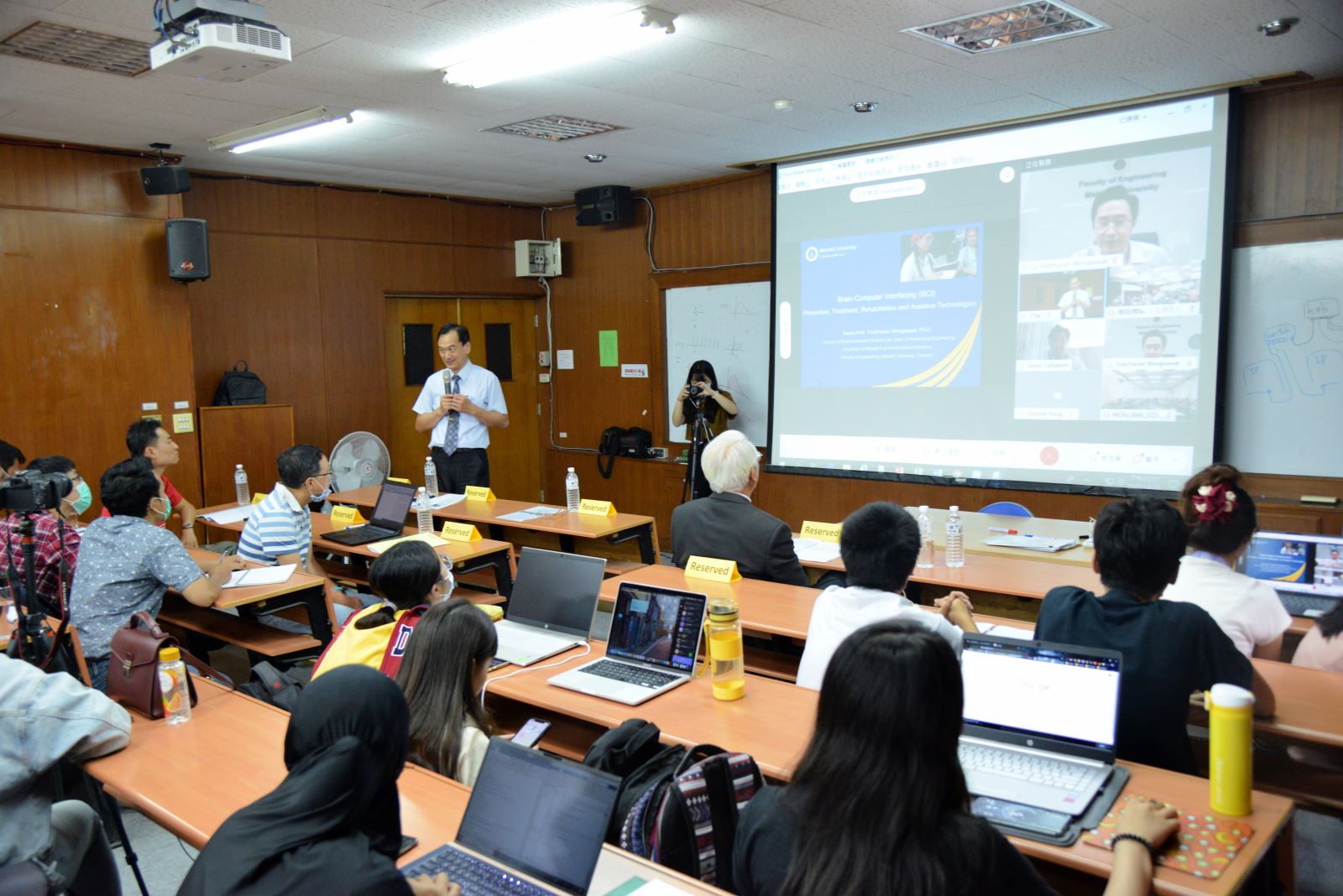
Figure 8: Taiwan and Thailand exchanged ideas about AI medical technology
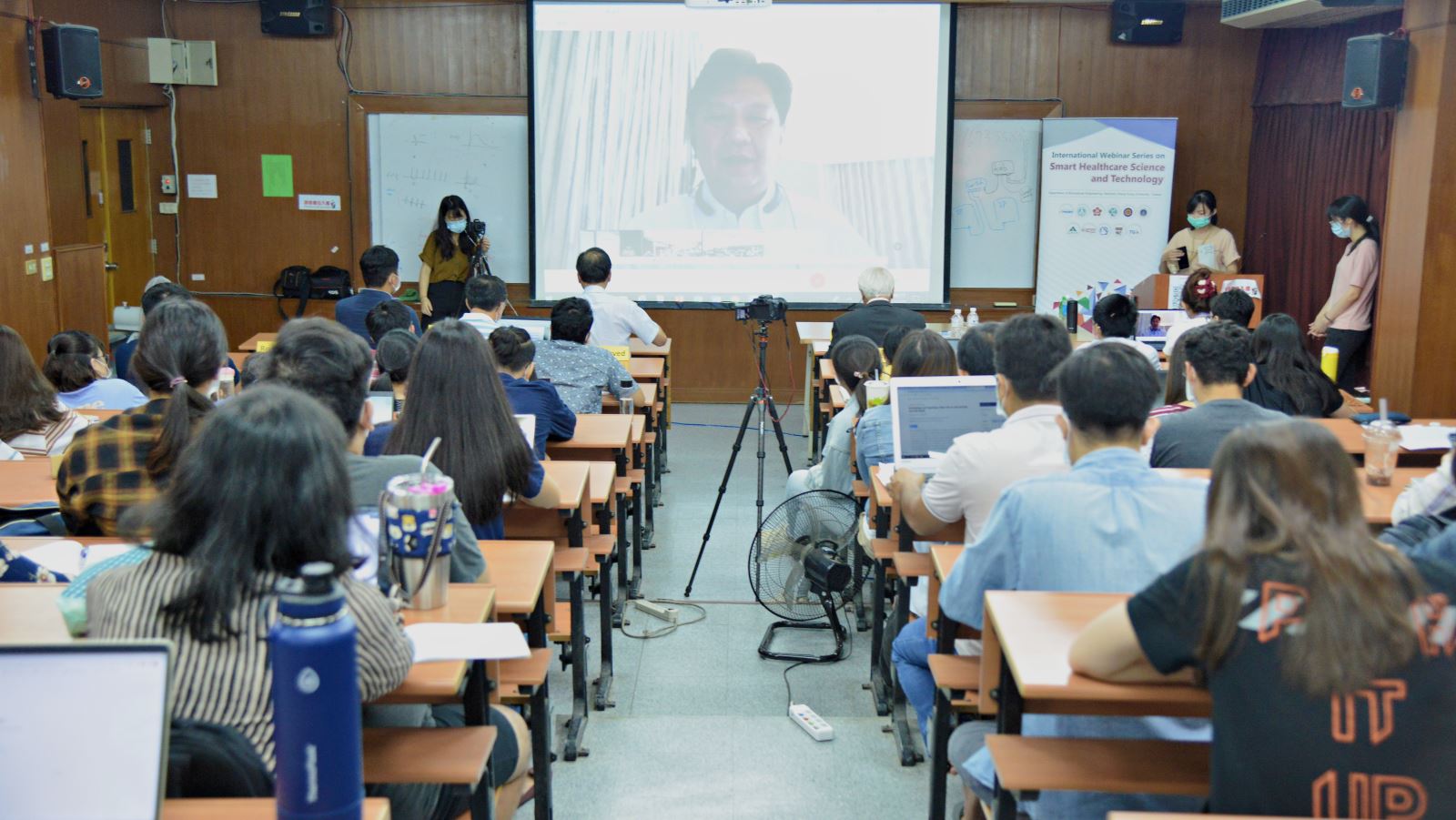
Figure 9: Professor from MU introduced the development of medical robots in Thailand
At first, we faced great challenges in setting up the online meeting and communication and often encountered problems of slow Internet speed and sudden disconnections. However, we have learned to adjust ourselves to the changing world. We and our overseas partners have practiced, recorded, even updated our connection equipment in advance to lower the risks of any possible problems. Together we faced the unavoidable circumstances with tolerance and patience and accepted the differences in our work habits. Unexpectedly, online meetings not only help our faculty, students, and business leaders to learn new knowledge around the world more quickly but also allow us to build a broad network across borders and invite more countries and partners to join the meeting. In addition to New Southbound countries, participants from Ethiopia, Russia, and El Salvador also joined our meetings. The monthly webinars are attended by 200 people from more than ten countries, which is a great success.
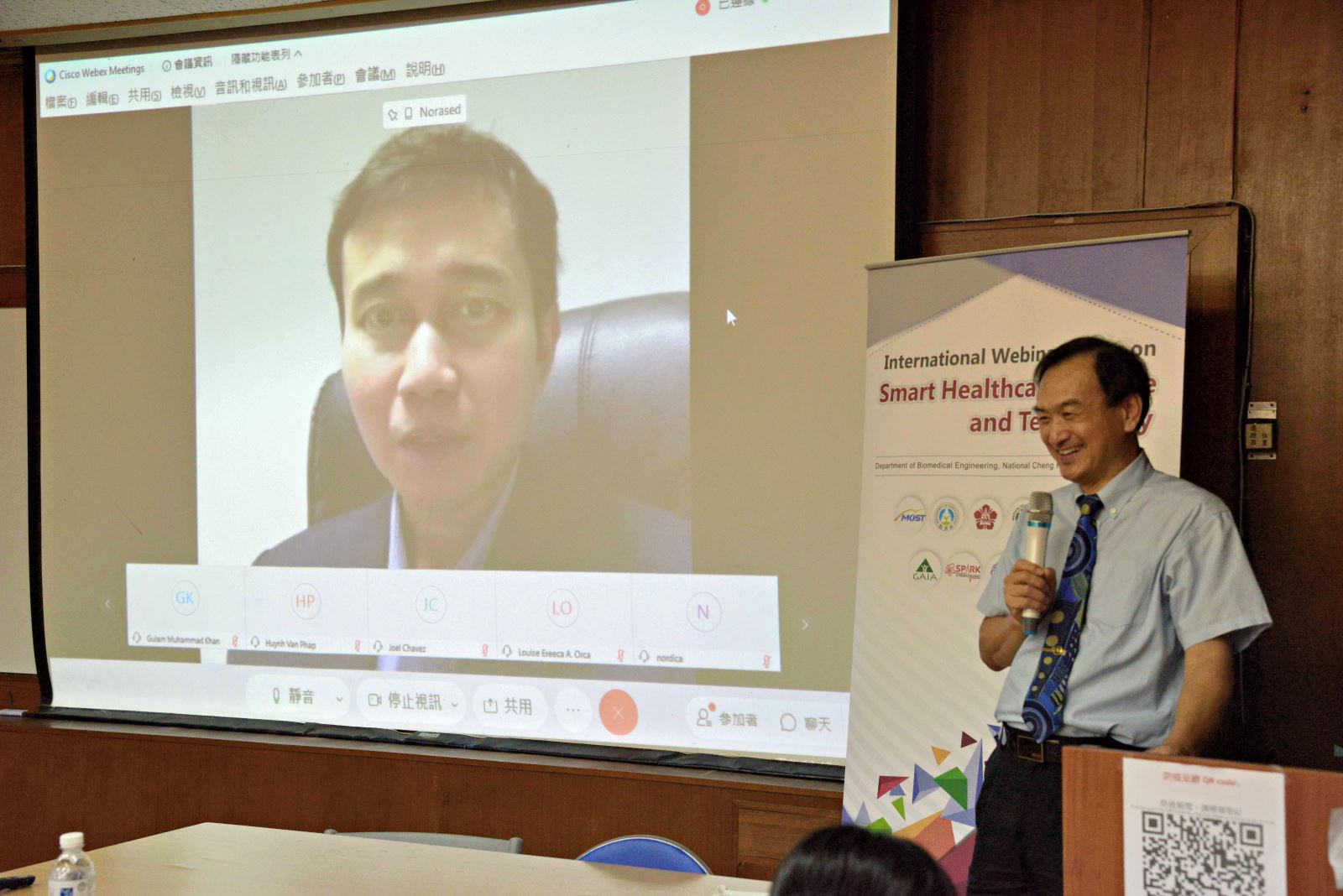
Figure 10: Vice President Su presided over the online meeting
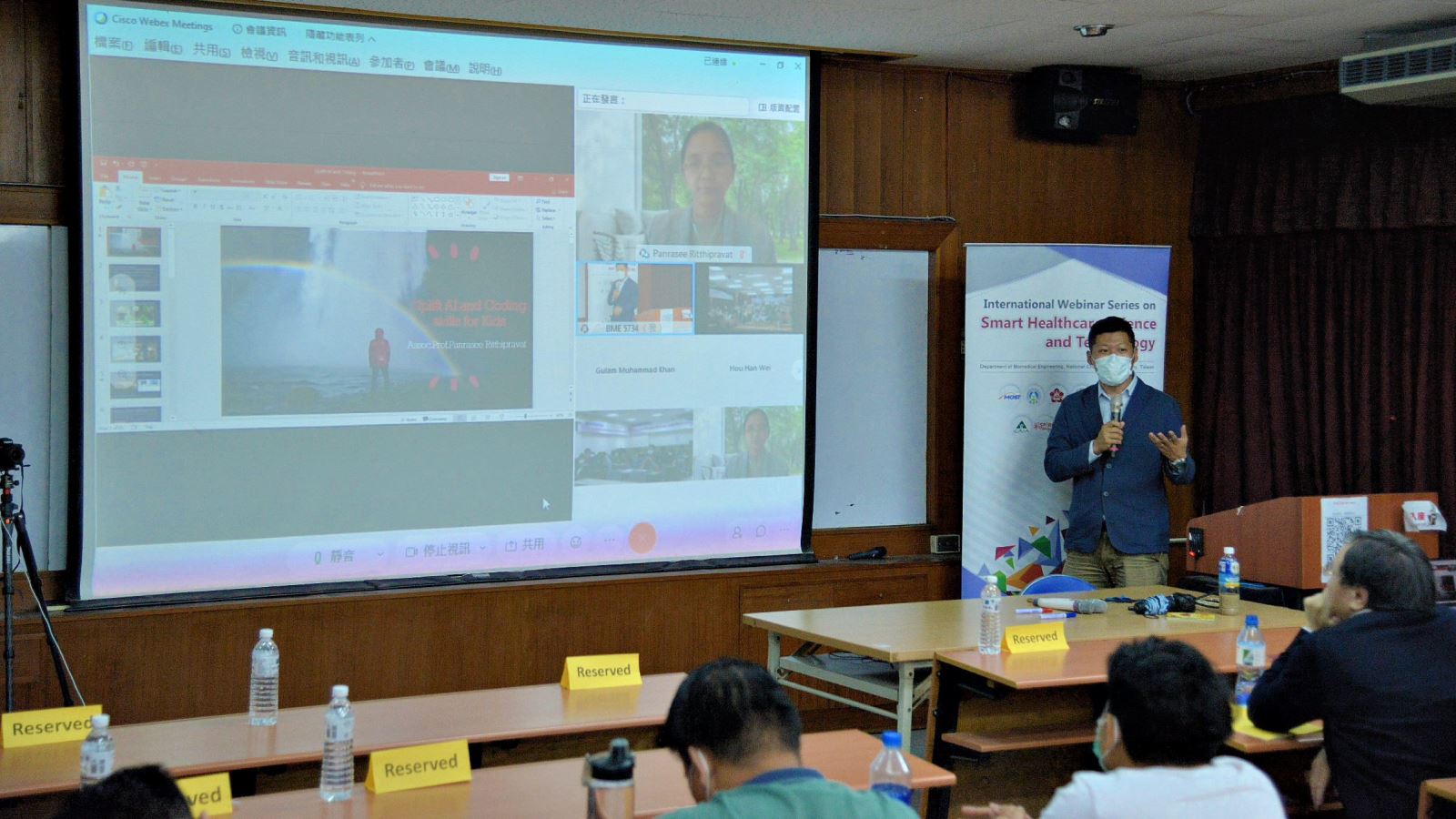
Figure 11: Taiwan-Thailand International Webinar Series on Smart Healthcare Science and Technology hosted by Assistant Professor Ting-Yuan Tu
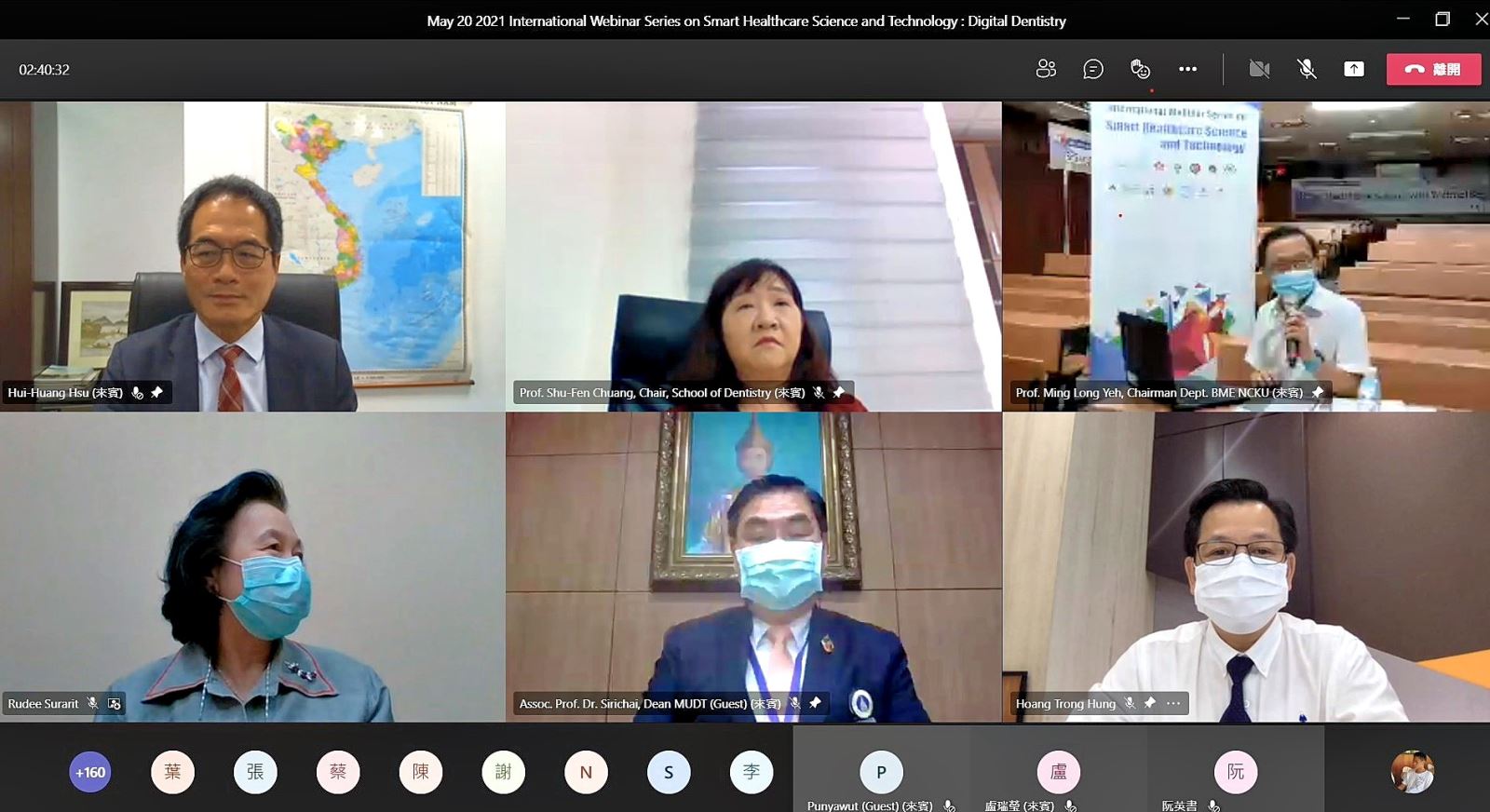
Figure 12: Taiwan and Thailand exchanged ideas about the trends of digital dentistry around the world
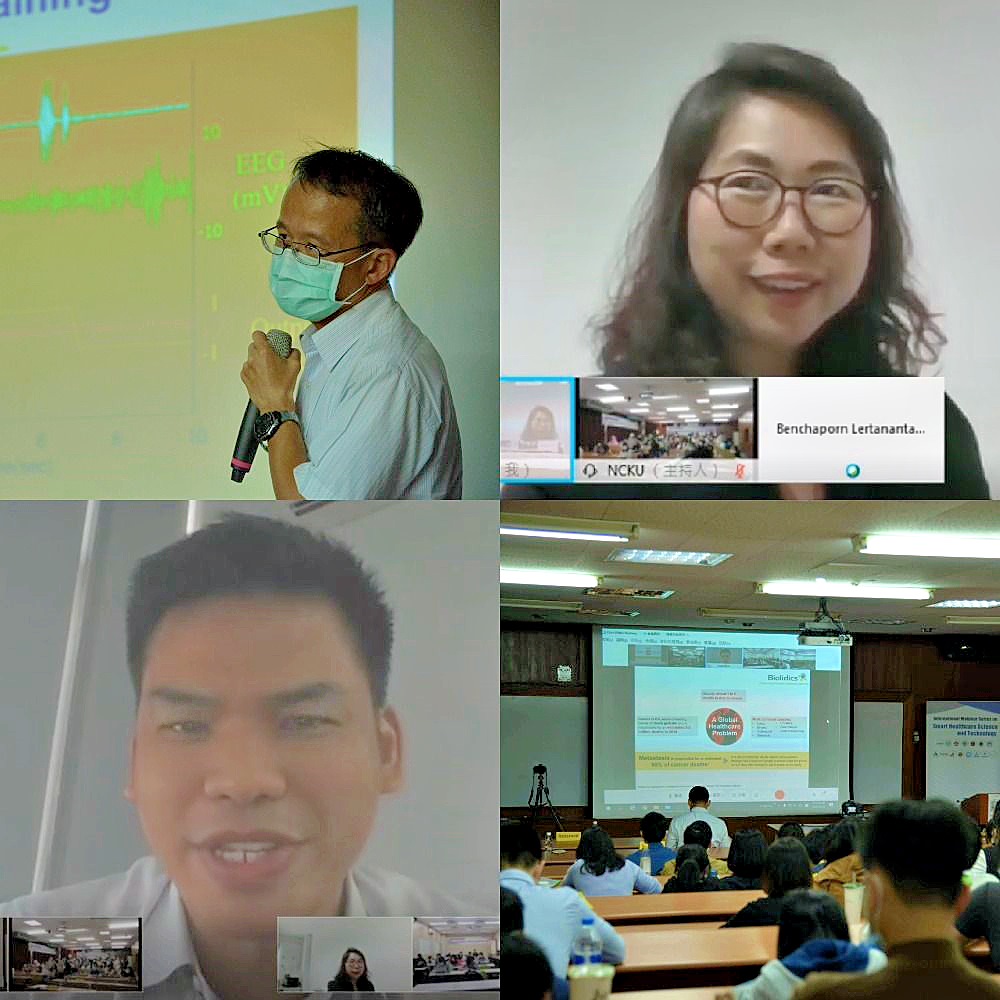
Figure 13: Taiwan, Thailand, and Singapore shared the development of biosensors
Promote Academia-Industry Collaboration to Cultivate New Southbound Talents
Even in the global COVID-19 pandemic, overseas STIC still pushed for international academia-industry collaboration. In February, we worked with Delta Electronics Thailand (DET) to arrange online talent recruitment in New Southbound countries and explore international academia-industry cooperation for a smart and sustainable society. Since our conference was attended by more than 200 people, we had to break the barriers of time and distance and merge online and offline to bring together leaders in industries, governments, academia, and research in Taiwan and Thailand, as well as the students from New Southbound countries. In addition, we had to make sure that the conference is efficient enough, so we can meet the needs of online and offline participants. During the preparation, we put a lot of effort into discussing details and the process of the conference and overcame many obstacles. During the conference, we saw participants from all over the world asking questions and collecting feedback. Also, many students from Thailand and India flocked to the recruitment booth of Delta Electronics enthusiastically. Seeing the dreams and expectations in their eyes, we believed that talents are the most important assets of our society and industry.
It might be difficult for us to fully understand each other, especially for the pandemic this year, the emotional connections and cultural exchanges generated by face-to-face communication have decreased greatly, but we still learn and grow with each other, and promote international research collaboration across the fields of health and science and technology, which is the core value of overseas STIC. We hope to utilize the advantages of Taiwan and New Southbound countries to practice medical innovation. This summer, the Thai students from MU were supposed to come to Taiwan for a short internship and learn different technologies for medical applications in Taiwan, but due to the border control during the pandemic, they were unable to obtain visas and had to postpone their plan. However, we look forward to meeting again soon, continue to share our fruits and joy with our international partners, and create more future possibilities.
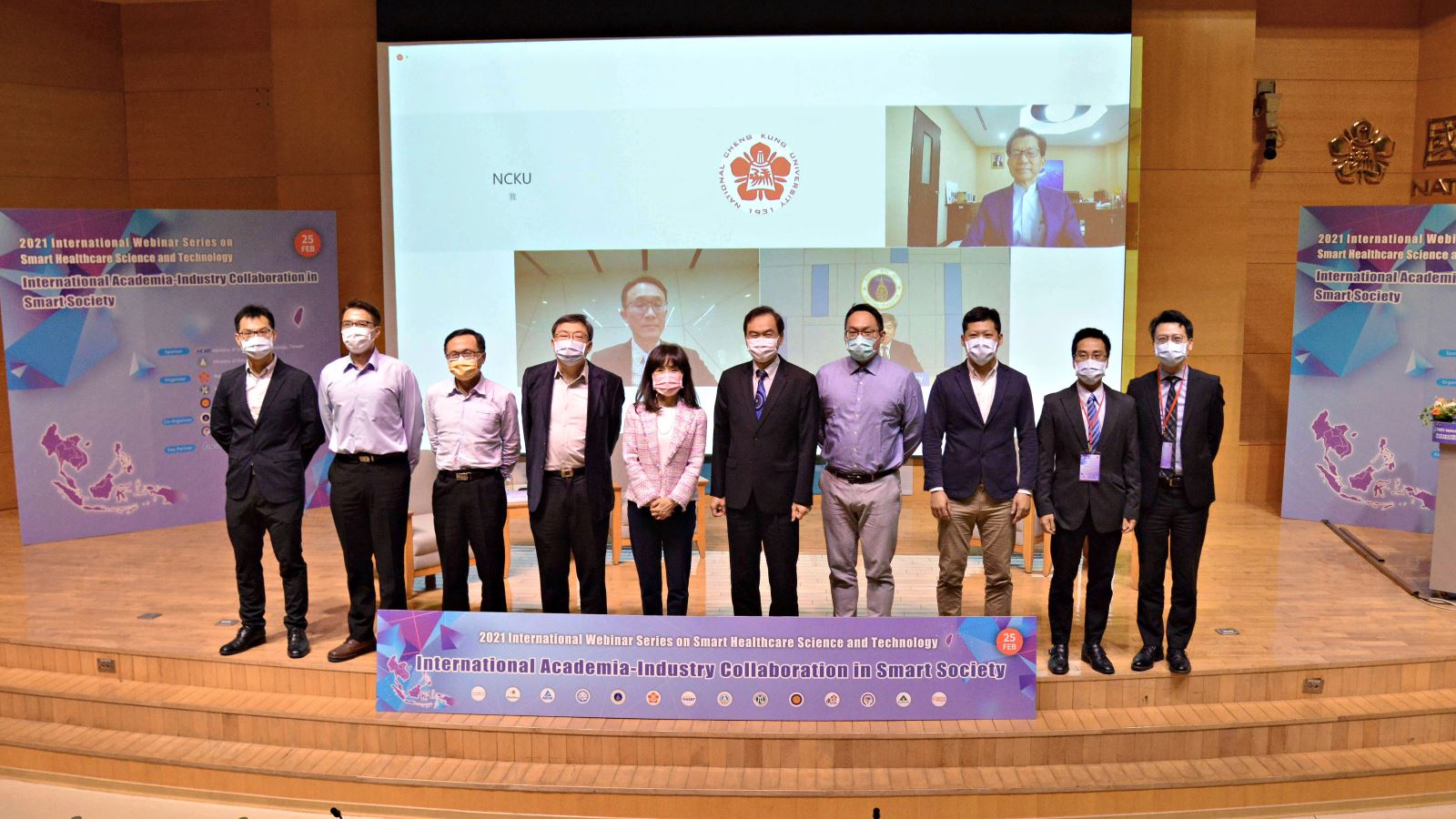
Figure 14: Group photo of Taiwan-Thailand international academia-industry collaboration webinar
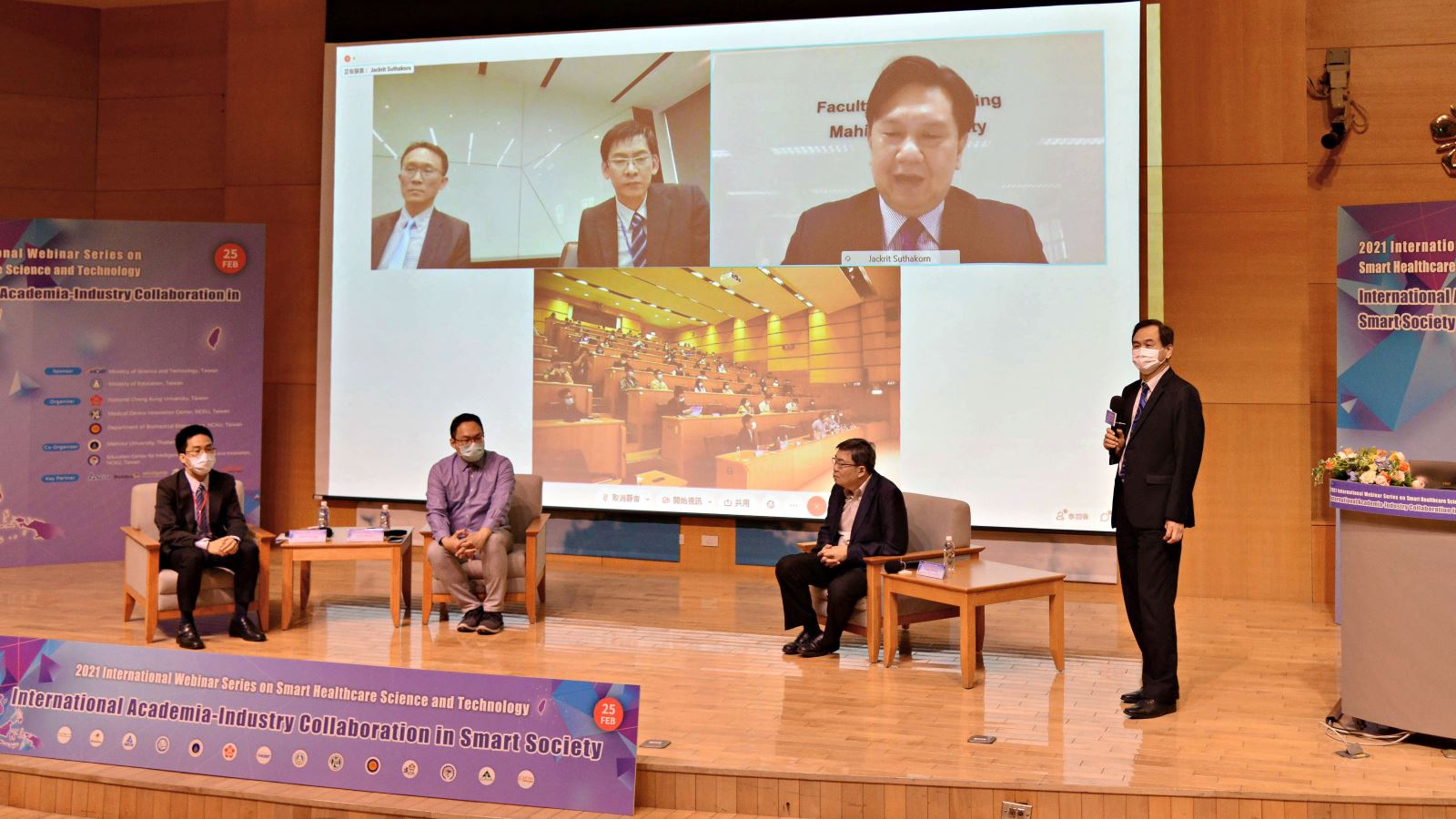
Figure 15: Taiwan and Thailand discussed international academia-industry collaboration with enterprises
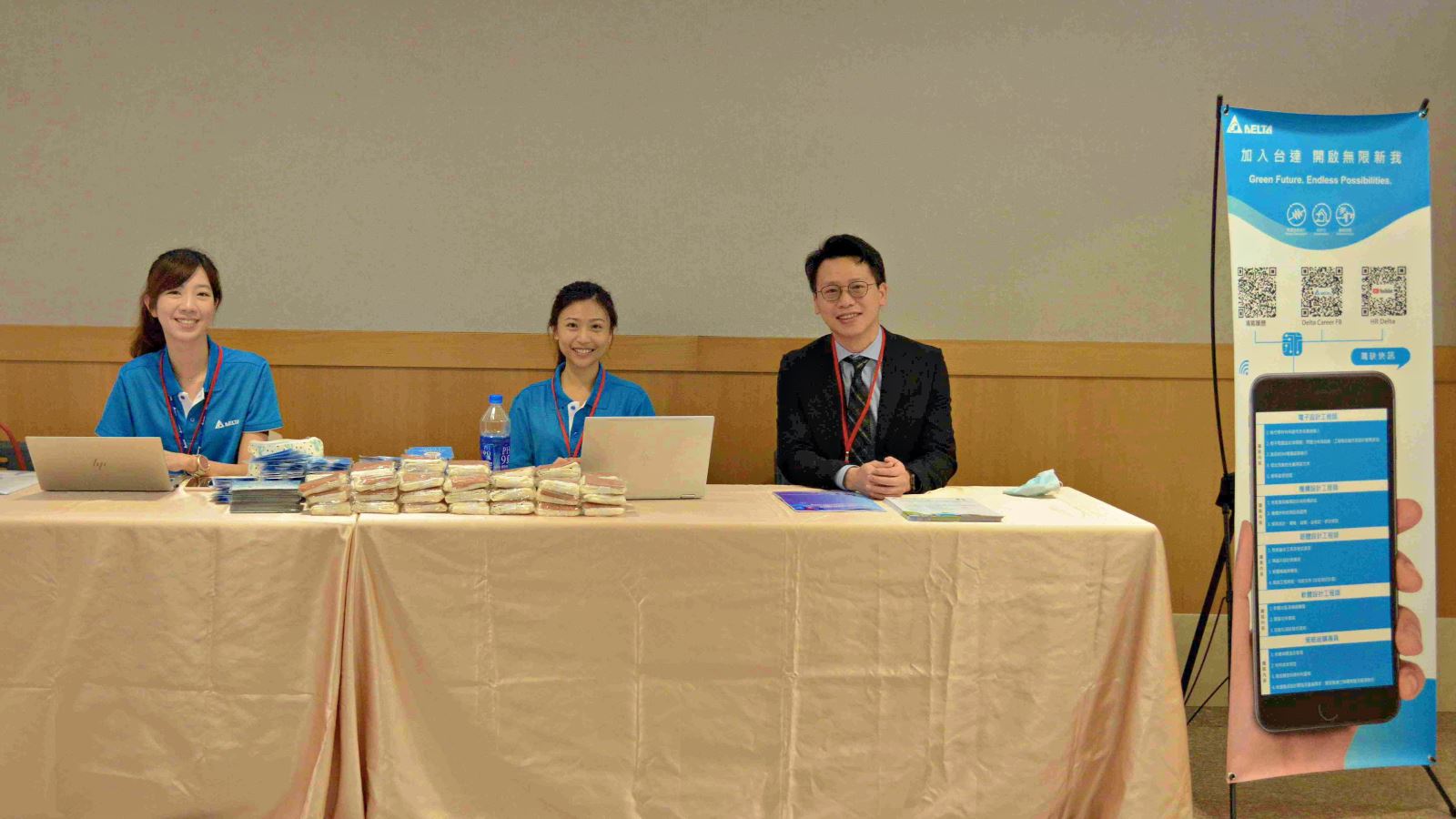
Figure 16: HR team from Delta Electronics held the talent recruitment conference and offered consultations online and offline
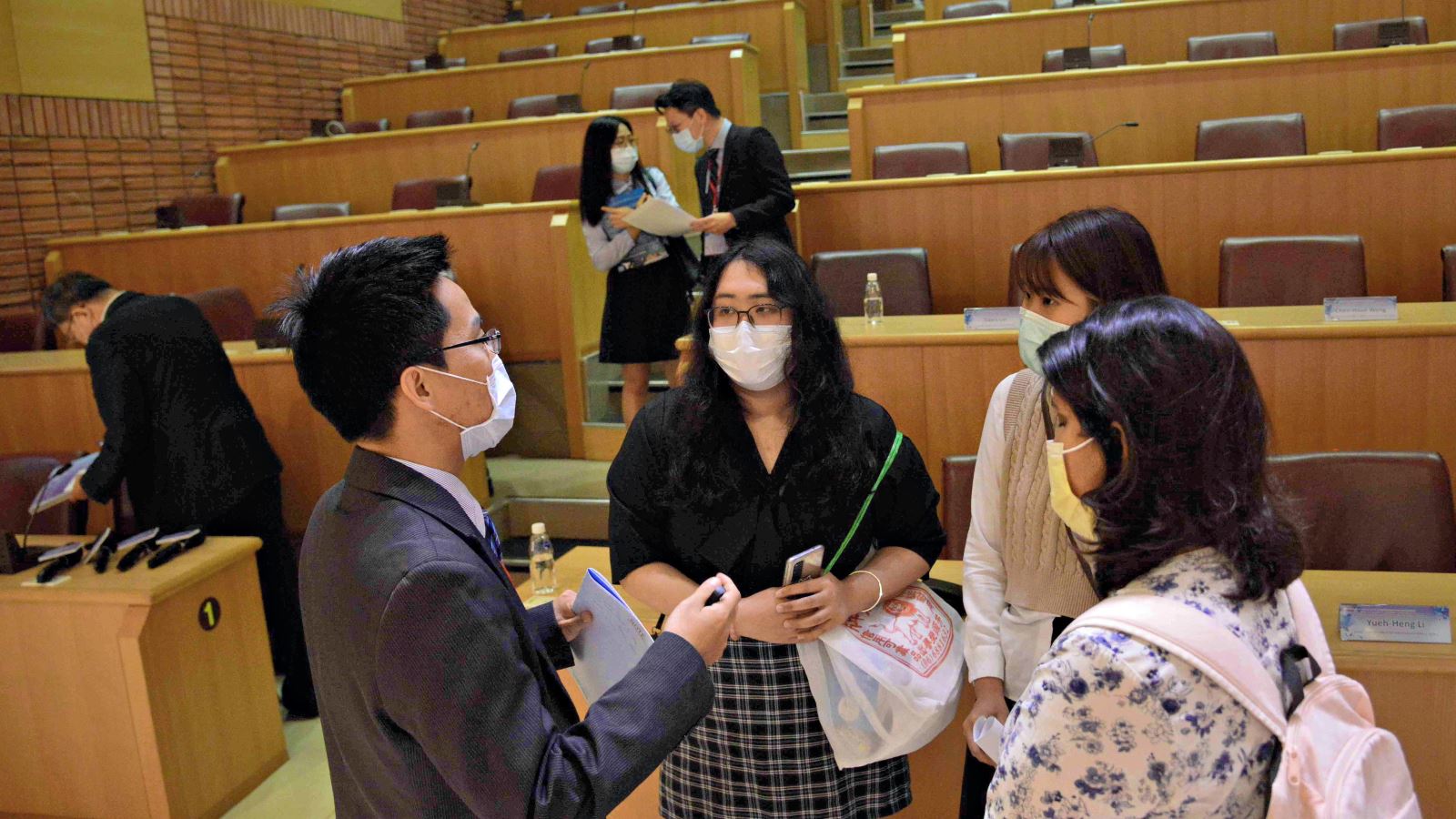
Figure 17: HR team from Delta Electronics held the talent recruitment conference and offered consultations online and offline
Author: Project Manager, Jamie Liao and Evelyn Lin (Taiwan Center for Smart Healthcare Science and Technology in Thailand)